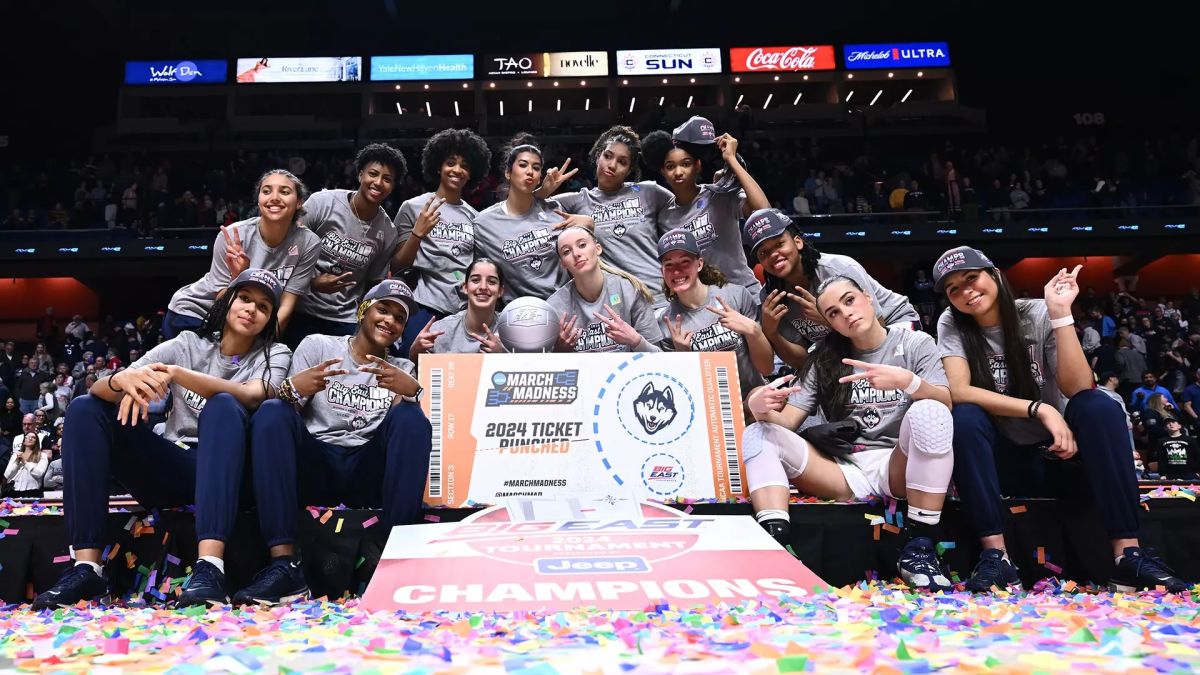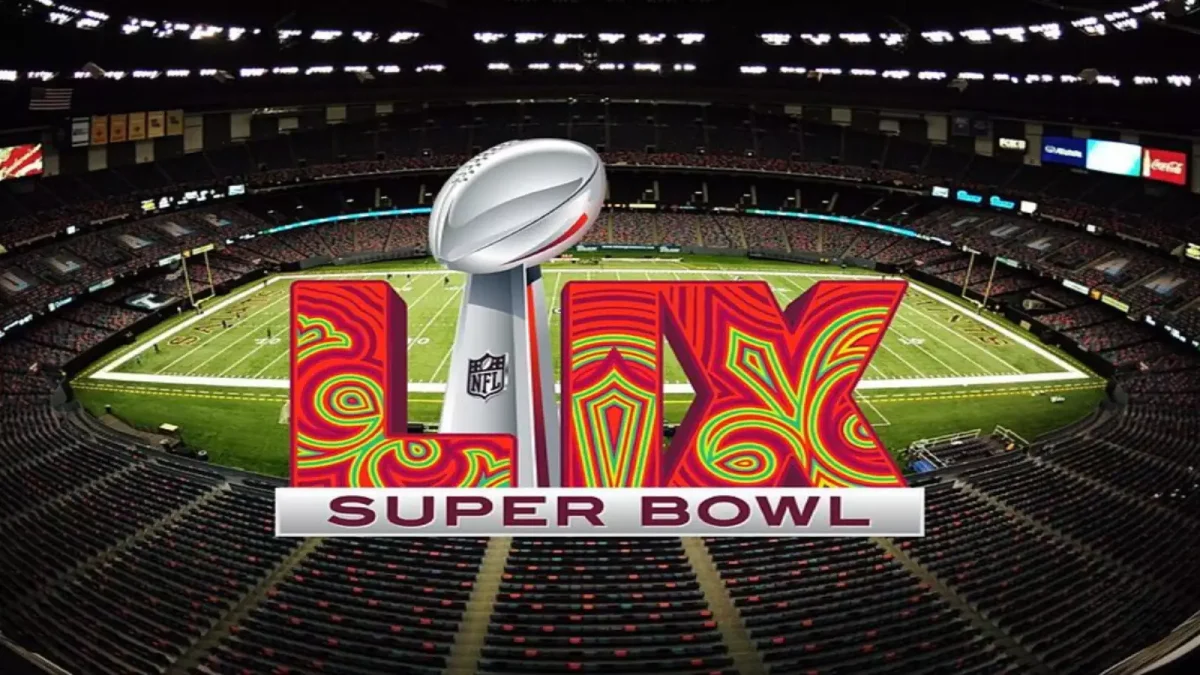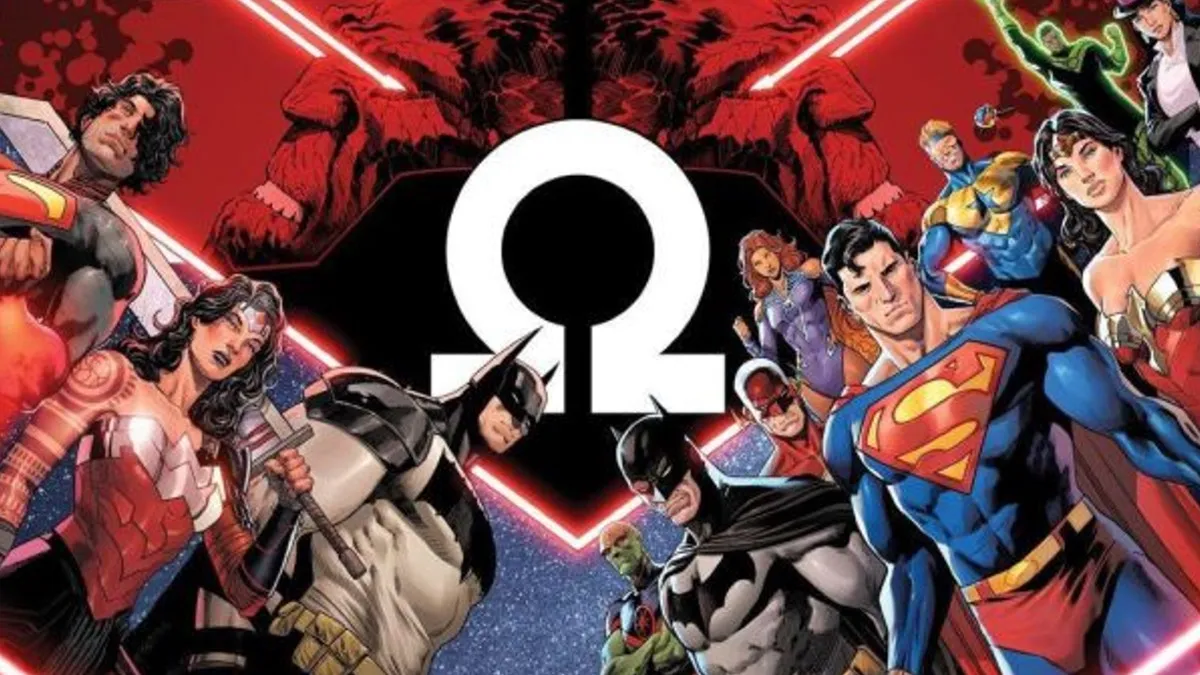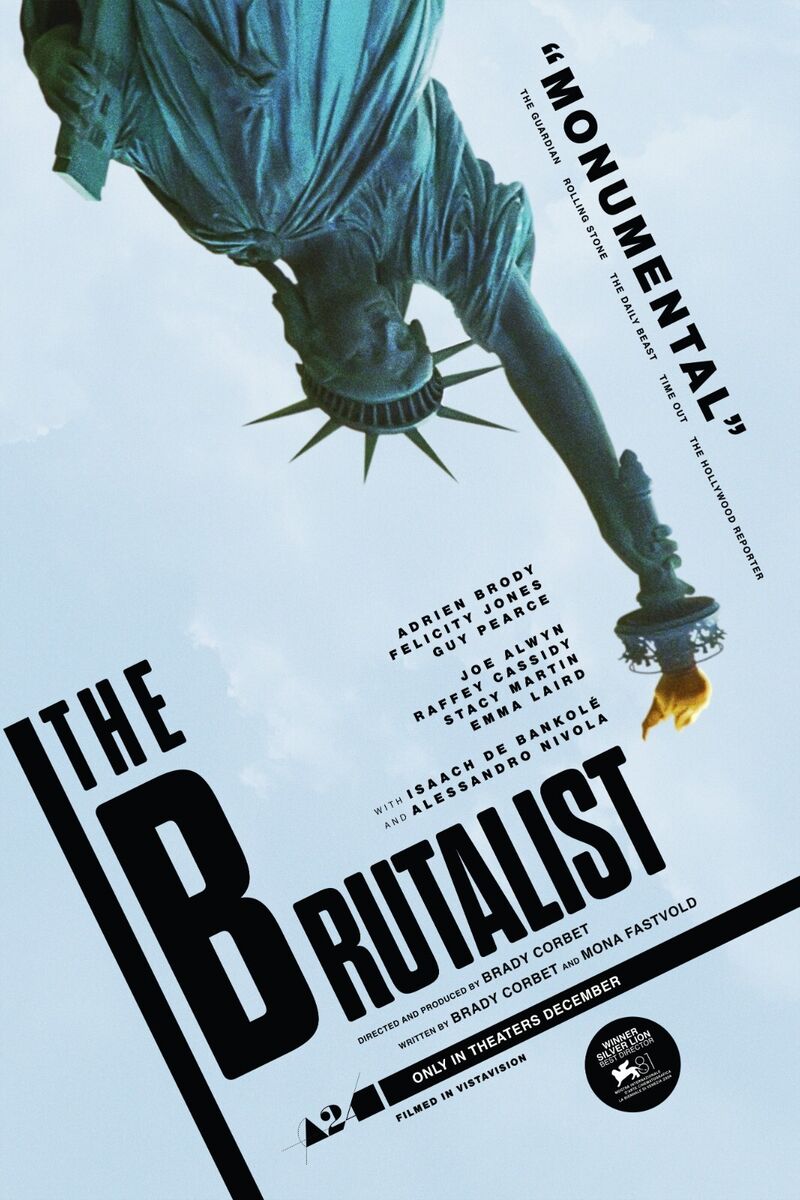If you’ve ever seen an American football game on television, you would know that there are a lot of advertisements. I mean a lot. Commercial breaks, official sponsors of events, and even tournament/game namesakes (such as the Pop-Tarts Bowl for college football) are commonplace and are, in fact, part of the experience. Companies logically advertise their products to the American Football fanbase, which is predominantly American. In international football (known as soccer), large jersey sponsors are very common. Teams prominently display the logos of sponsoring companies at the front of every jersey or “kit.” However, what if I told you that in the British Premier League, many team sponsors are not targeting the local English audience, where the Premier League is hosted? Instead, numerous jersey sponsors are offshore gambling operations targeting the vast mainland Chinese fanbase of the Premier League, even though gambling is prohibited by the Chinese Communist Party (“CCP”).
When the CCP took over China in 1949, gambling was immediately banned. To this day, gambling is still banned outright in China (except for China’s National Lottery). That is why many gambling entities that want to target Chinese citizens — who have few or no options to legally gamble — operate offshore, with the Philippines being the perfect location of choice for the past few years. Philippine Offshore Gaming Operations (POGOs) are gambling firms based in the Philippines that provide gambling services to clients outside the country. Although POGOs are prohibited by law from allowing Philippine citizens to gamble, they are also prohibited from allowing people to gamble in countries where gambling is illegal. The clause prohibiting illegal offshore gambling has consistently been ignored by many POGOs without facing any punishment or negative repercussions.
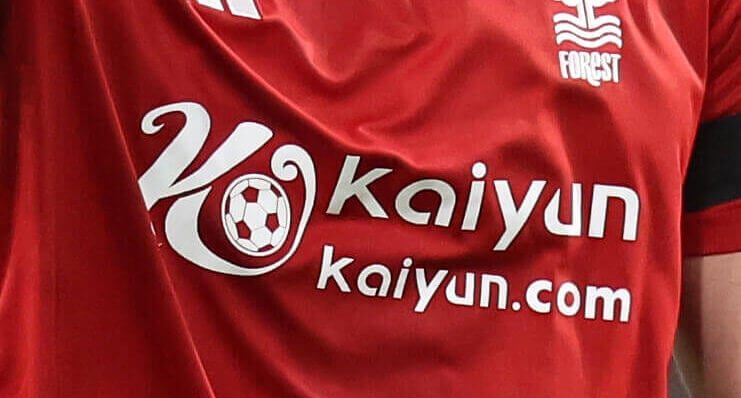
Due to its prohibition of gambling, China does not permit any entity to advertise gambling, for reasons that are somewhat obvious. To circumvent this strict prohibition, gambling companies entice a Chinese audience to use their services illegally by sponsoring soccer teams, particularly those in the English Premier League. With the Premier League attracting tens of millions of viewers from China each season, many players are inadvertently serving as walking, running, and goal-scoring advertisements for gambling operations that are prohibited and considered highly illegal in China. The success of these advertisers has, however, now caught the attention of government and league regulators.
What actions are being taken regarding these operations, both within and outside of sports? Government officials in the Philippines, along with Premier League administrators, are taking action to prevent these gambling sponsors from becoming the brand of Premier League teams.
In February, the Philippines’ House of Representatives passed House Bill 5082, which aims to ban POGOs. Rep. Rufus Rodriguez highlighted that POGO-related crimes, such as human trafficking and homicide, have a negative impact on maintaining peace within the nation. Although POGOs have contributed notable revenue to the nation through taxation, in 2022 alone, they collected P8.878 billion (156 million USD). Despite paying taxes, their operations have been linked directly or indirectly to the perpetrators of many crimes in the Philippines.
The Premier League has also taken action by outright banning gambling sponsors from being the front jersey sponsor of clubs starting from the 2026/27 season. However, gambling companies, both domestic and international, will still be permitted to have sponsorships on both sleeves and advertising boards within stadiums. This will enable these companies to promote their services to international audiences. Although this is obviously far from a real solution, it is arguably a step in the right direction towards prohibiting questionable businesses from sponsoring some of the world’s most important sports teams.












